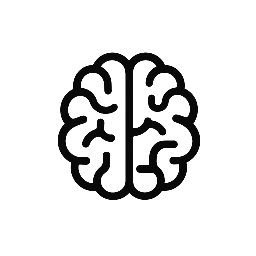Breaking Myths About Adult ADHD Diagnosis
Attention Deficit Hyperactivity Disorder (ADHD) is often perceived as a childhood condition, but it affects adults as well. Despite growing awareness, many myths and misconceptions surround adult ADHD diagnosis, which can prevent individuals from seeking help and receiving appropriate treatment. This article aims to debunk common myths and provide accurate information about adult ADHD diagnosis.
Myth 1: ADHD Only Affects Children
One of the most persistent myths is that ADHD is exclusively a childhood disorder. While ADHD symptoms typically begin in childhood, many individuals continue to experience symptoms into adulthood. Some adults may not have been diagnosed as children, especially if their symptoms were mild or overlooked. Adult ADHD can impact work, relationships, and daily functioning, making diagnosis and treatment essential at any age.
Myth 2: Adults Can’t Be Diagnosed With ADHD
Some believe that ADHD cannot be diagnosed in adults or that it’s too late to seek a diagnosis after childhood. However, adults can and should be evaluated for ADHD if they exhibit symptoms such as difficulty concentrating, impulsivity, restlessness, or organisational challenges. A comprehensive assessment by a healthcare professional experienced in ADHD is crucial for accurate diagnosis.
Myth 3: ADHD Diagnosis Is Just an Excuse for Laziness or Poor Behaviour
ADHD is a neurodevelopmental disorder with a strong biological basis. It is not a matter of willpower or character flaws. Adults with ADHD often struggle with executive functioning, emotional regulation, and attention control. Misunderstanding the disorder as laziness or bad behaviour can lead to stigma and prevent individuals from seeking support.
Myth 4: Medication Is the Only Treatment for Adult ADHD
While medication can be a practice component of treatment, it is not the only option. Many adults benefit from various approaches, including cognitive-behavioural therapy, coaching, lifestyle changes, and organisational strategies. Treatment plans should be personalised to meet the individual’s needs and goals.
Myth 5: ADHD Diagnosis Is Overused or Overdiagnosed
Concerns about overdiagnosis exist, but research indicates that ADHD in adults is often underdiagnosed and undertreated. Many adults with ADHD symptoms remain undiagnosed for years, leading to unnecessary challenges. Proper diagnosis requires thorough evaluation and ruling out other conditions that may mimic ADHD symptoms.
Conclusion
Understanding the realities of adult ADHD diagnosis is essential to break down barriers to treatment and support. By dispelling myths, individuals can feel empowered to seek evaluation and access resources that improve their quality of life. If you or someone you know struggles with symptoms of ADHD, consulting a qualified healthcare professional can be the first step toward effective management and a more fulfilling life.



Leave a Reply